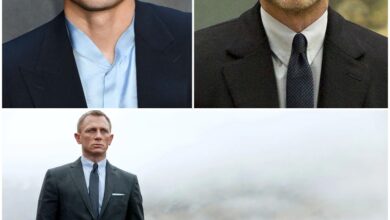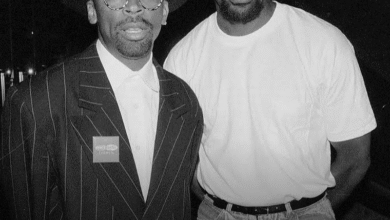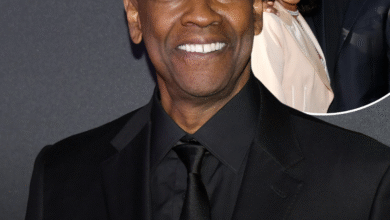‘Was He Always That Good?’: How Denzel Washington Got His Start
OPINION: This article may contain commentary which reflects the author's opinion.
Denzel Washington’s journey from a determined young student at Fordham University to one of Hollywood’s most revered actors is a story of talent, hard work, and transformative moments. As of June 28, 2025, reflections on his early career illuminate the formative experiences that shaped his trajectory and answer the burning question many ask: Was he always that good?
Early Life and Education: From Mount Vernon to Fordham
Born on December 28, 1954, in Mount Vernon, New York, Denzel Hayes Washington Jr. grew up in a household shaped by his Pentecostal minister father and beautician mother. Early influences, including his involvement with the Mount Vernon Boys and Girls Club from age six, helped keep him grounded amid a challenging upbringing. By age 11, he was already working in his mother’s beauty shop, sweeping floors—a testament to a strong work ethic that would follow him throughout his career.
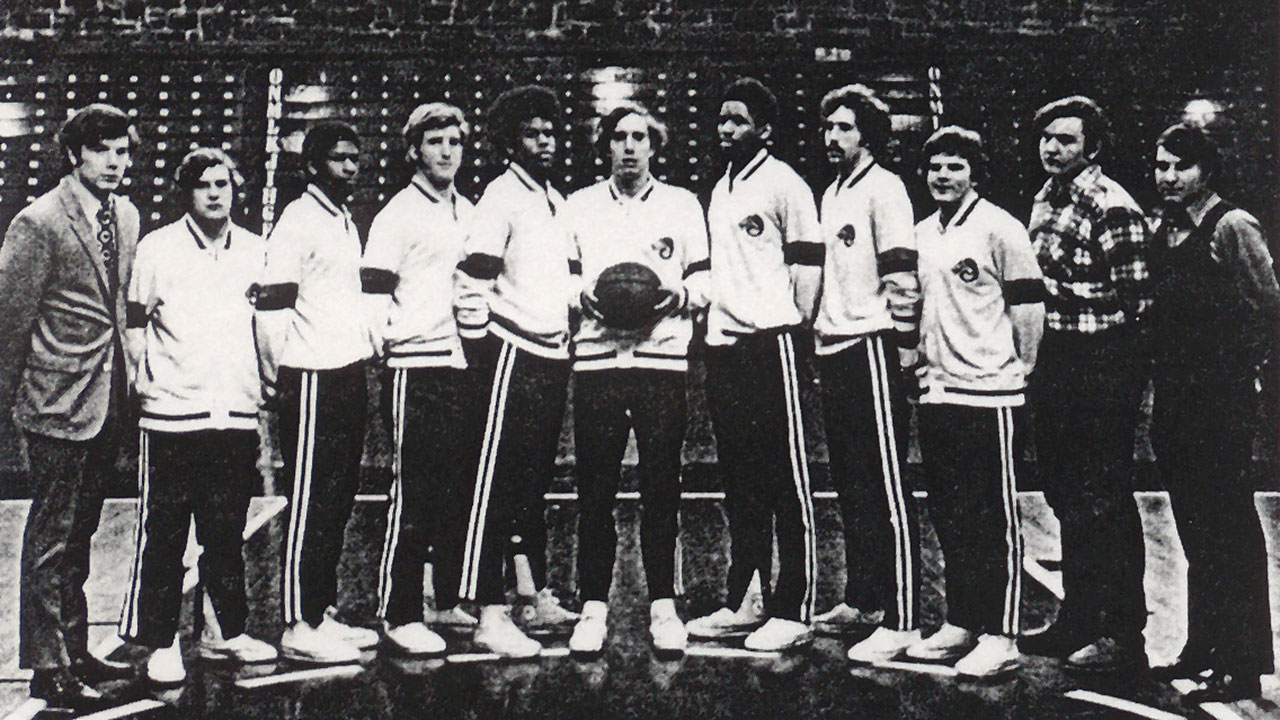
Initially, Washington aimed for a career in journalism and enrolled at Fordham University with that goal in mind. However, at 20, a serendipitous acting class at Fordham’s Lincoln Center campus shifted his focus dramatically. What began as a means to earn an easy grade became a calling that transformed his life.
First Steps in Acting: The Emperor Jones and Early Roles
Washington’s first lead role came in 1975 with Fordham’s production of The Emperor Jones, directed by Dave Davis. This role revealed his natural ability to embody complex characters fully and convincingly. His dedication saw him audition for numerous productions and steadily build his craft, setting the stage for future success.
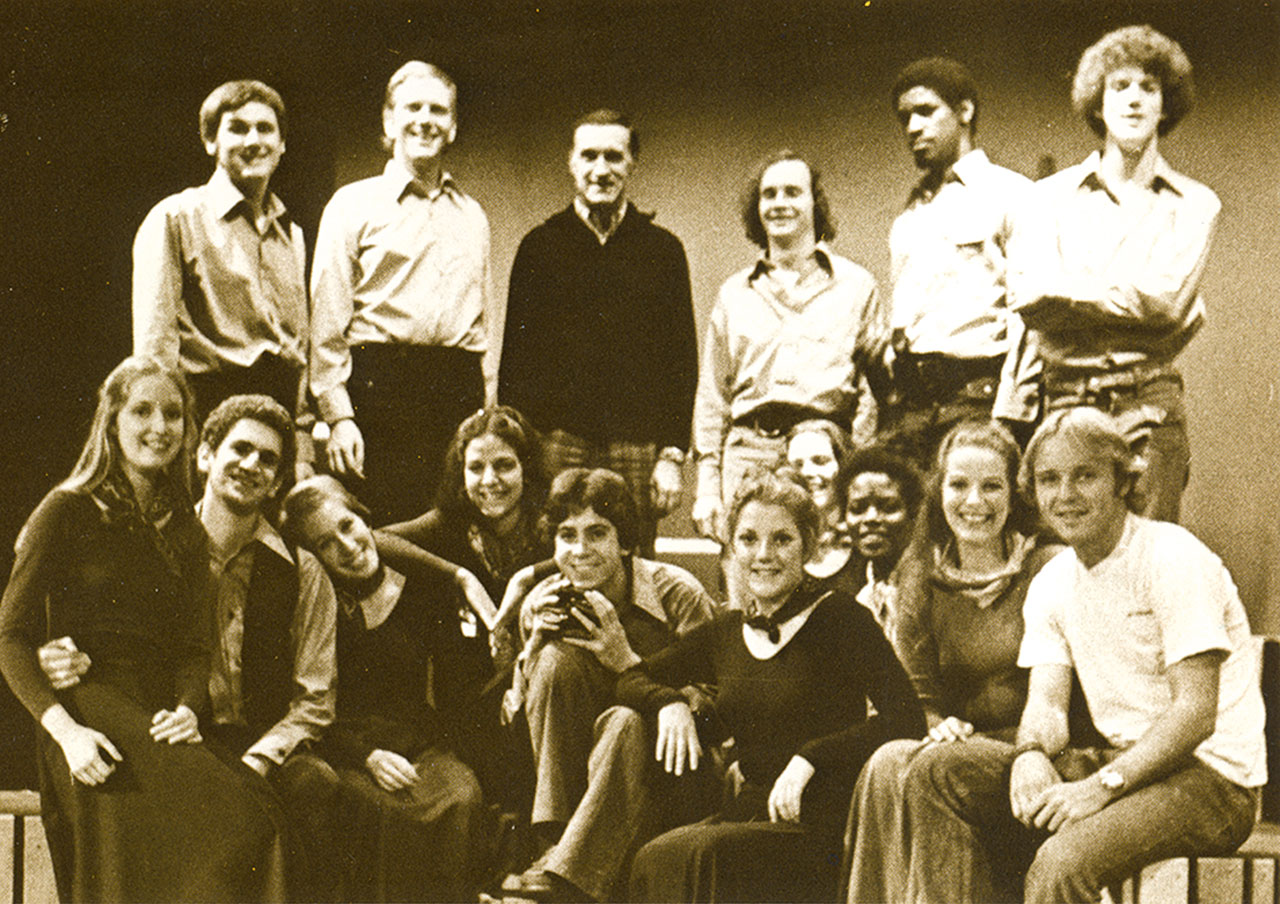
A Defining Moment: The 1977 Production of Othello
The watershed moment in Washington’s early career was Fordham Theatre’s 1977 staging of Othello. At 22, he took on the challenging title role opposite Joel Abel’s Iago in a large-scale production involving 27 actors, 27 crew members, and live musicians. The impact was profound.
Robinson Stone—a professor and professional actor who had performed in Broadway’s Othello alongside Paul Robeson—was so impressed that he personally brought agents to witness Washington’s performance. Stone declared Washington “easily the best Othello I had ever seen” and became a key mentor. His glowing recommendation letter described Washington as “the finest young actor I have ever known” with the potential to become one of the outstanding actors of his generation.
Was He Always That Good?
Those who saw Washington’s early performances answer this with an unequivocal yes. Liz Zazzi, a castmate from the Othello production, recalled, “People ask, ‘Was he always that good?’ And the answer is yes. He inhabited whatever character he was playing in such a complete and realistic way.” This realism and emotional depth were already apparent, setting him apart even before he graced the big screen.
His shift from pre-med to theater—and immediate excellence—suggests a blend of innate talent and fierce dedication, which would become hallmarks of his celebrated career.
Building on a Strong Foundation
Washington’s formative years, marked by community engagement and early responsibilities, forged a discipline that carried into his professional life. After Fordham, his career accelerated with notable television roles, such as Dr. Philip Chandler on the Emmy-winning St. Elsewhere, and films like Cry Freedom, earning his first Oscar nomination.
The Othello production remains a pivotal launchpad, illustrating how a single powerful performance can open doors.
Legacy and Comparison
Washington’s rapid rise from university stages to Hollywood acclaim is notable among actors of his era. His journey exemplifies how early opportunity, mentorship, and natural skill can converge to build a lasting legacy—one that continues to inspire actors worldwide.
Denzel Washington’s story is a testament to the power of talent nurtured by opportunity and hard work. His early promise, affirmed by mentors and peers, blossomed into a career defined by depth, authenticity, and unforgettable performances, answering once and for all: yes, he was always that good.

